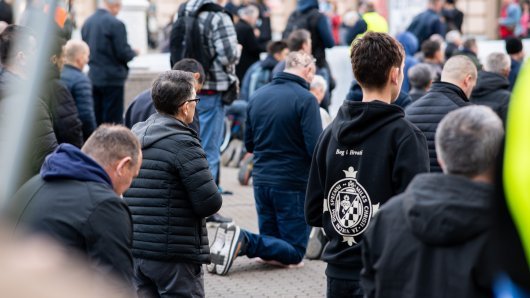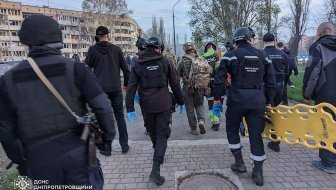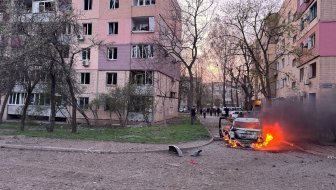Foreign news agencies on Wednesday reported on Serbian President Boris Tadic's visit to Croatia, second this month.
Tadic visited the eastern Croatian town of Vukovar three weeks ago and expressed regret and apologised for the crimes committed there, the Italian news agency ANSA reported. The agency also said that Tadic and Croatian President Ivo Josipovic talked in Zagreb today about the rights of minorities, cooperation in shedding light on the fate of missing persons, and the return of Serb refugees.
The Slovenian news agency STA said the two presidents stressed that the issue of missing people was the most important issue in bilateral relations and that there could be no full reconciliation and cooperation among the peoples in the region without the solution of that issue.
"The issue of finding the bodies of those killed is a civilisational request," STA cited Josipovic as saying.
France Presse said Tadic and Josipovic were satisfied with the improvement of bilateral relations, but that they agreed that the issue of missing people was yet to be resolved.
The French news agency cited figures from the International Red Cross, according to which more than 2,400 people are still missing.
"Europe is our joint destiny," the Austrian news agency APA cited Josipovic as saying. APA also said the two presidents talked about ethnic minorities and economic cooperation.
The Serbian news agency Tanjug also reported about Tadic's meeting with Croatian Prime Minister Jadranka Kosor. Tanjug cited Kosor as saying that there was a possibility of holding a trilateral meeting between Croatia, Serbia and Slovenia, this time in Serbia.
Kosor, Tadic and Slovenian Prime Minister Borut Pahor met in Ptuj, Slovenia, in March.
After the talks with Kosor, Tadic told the press that Croatia had done a lot to improve relations between Zagreb and Belgrade, although there were still some unresolved issues, Tanjug reported.
He added that the most important issue was that of missing people. Other unresolved issues refer to the border, succession, and mutual genocide lawsuits at the International Court of Justice.


































